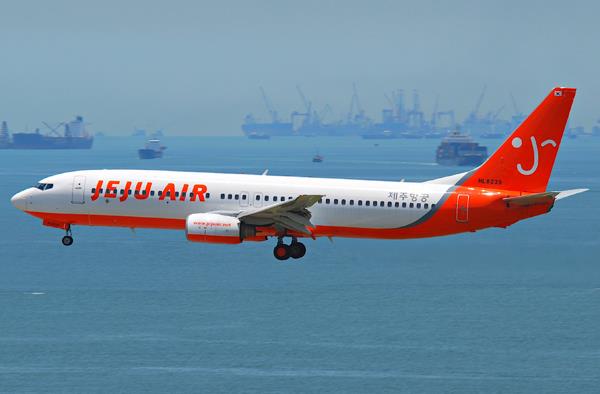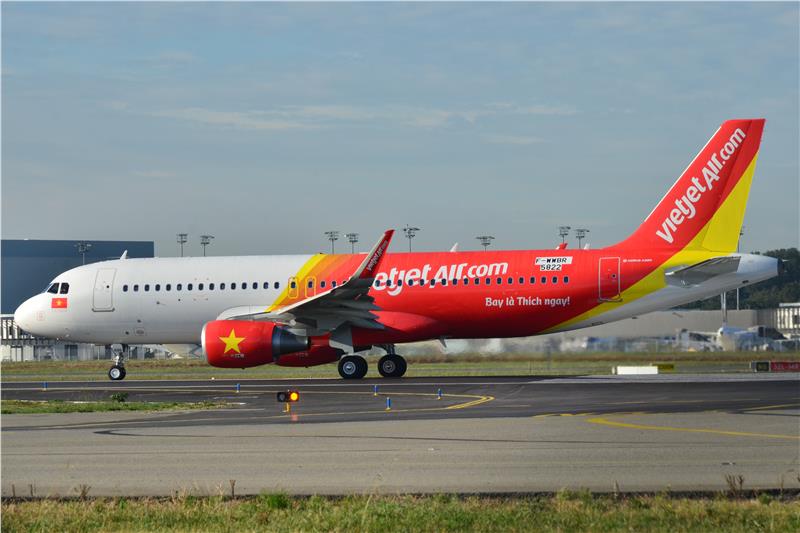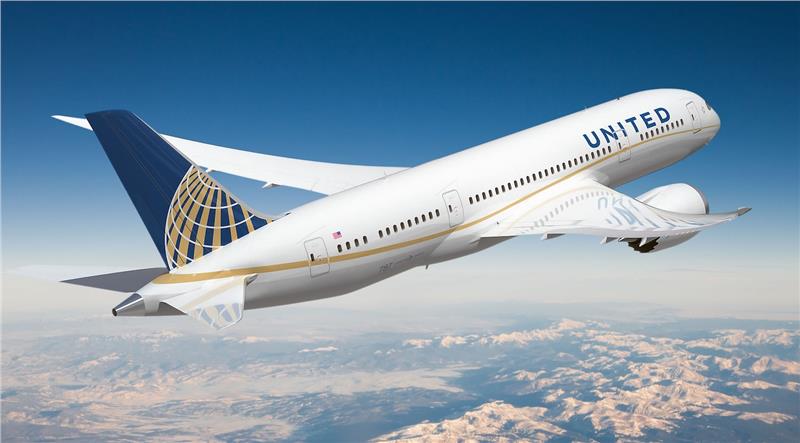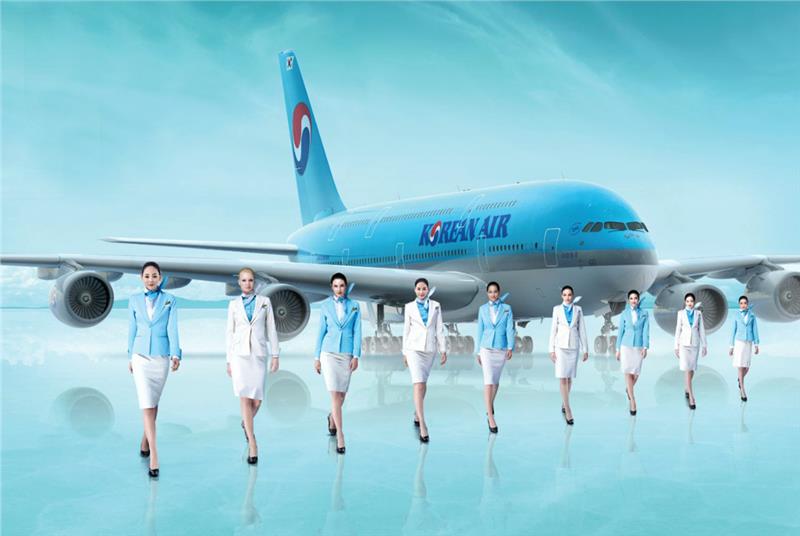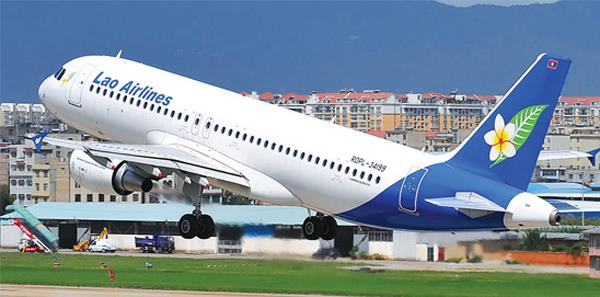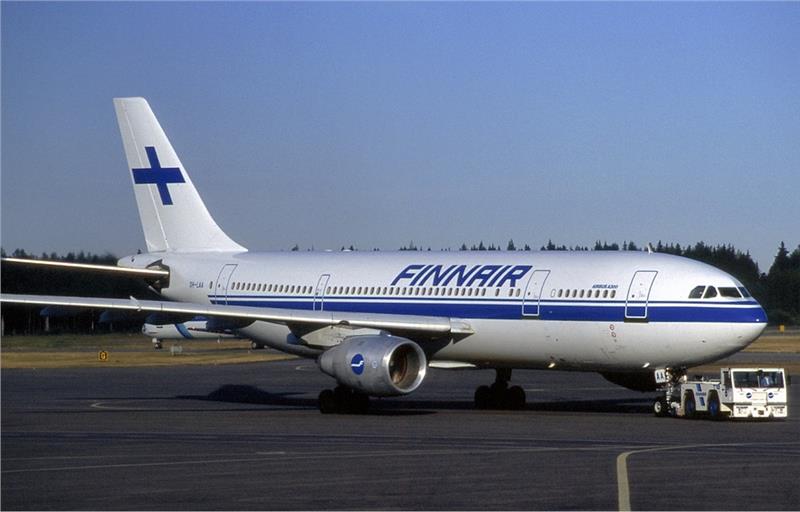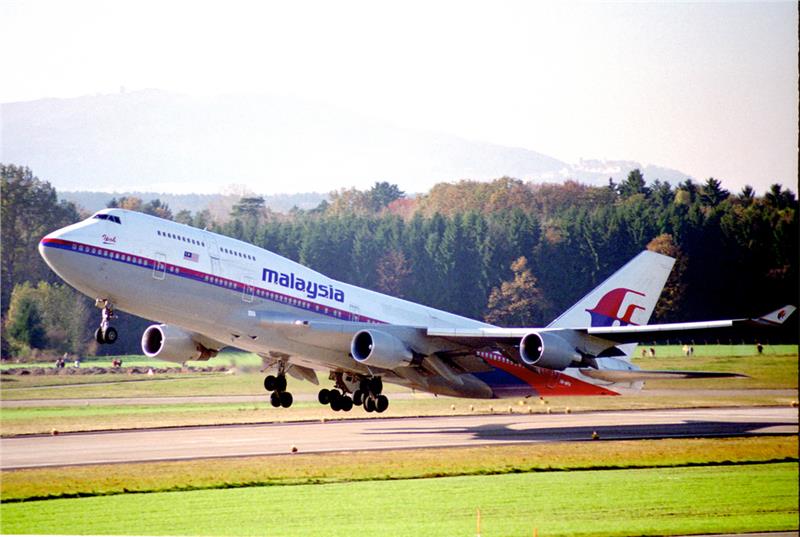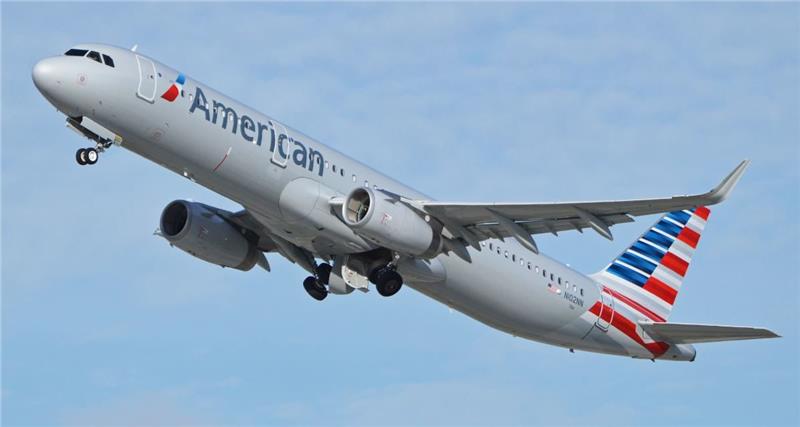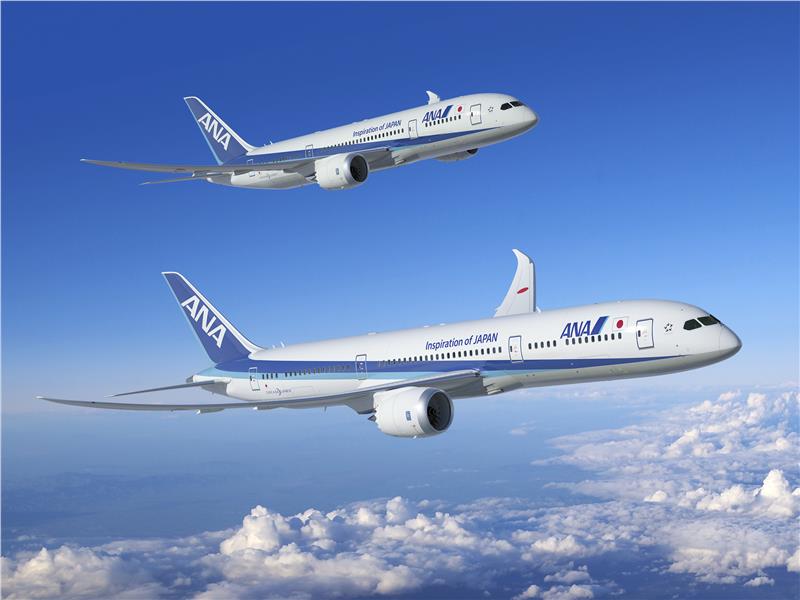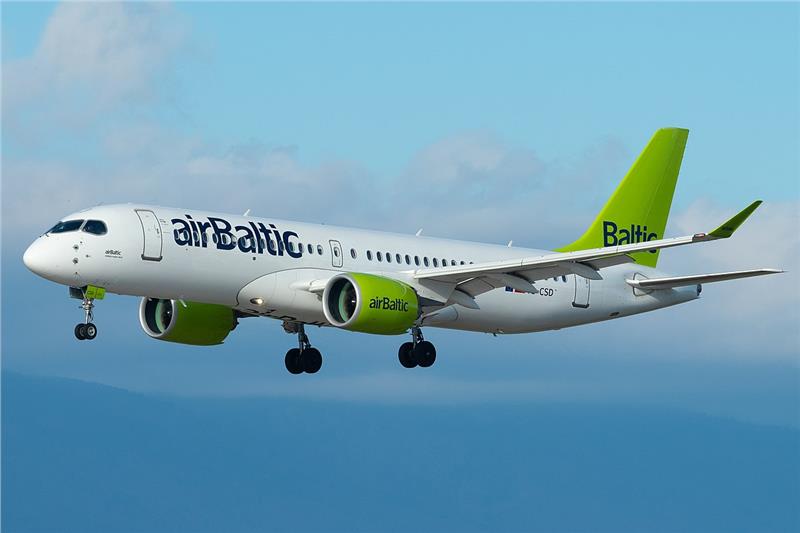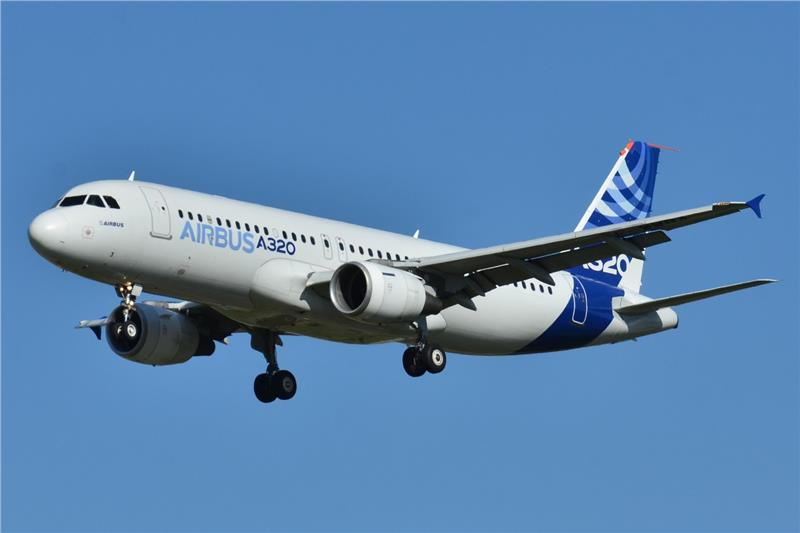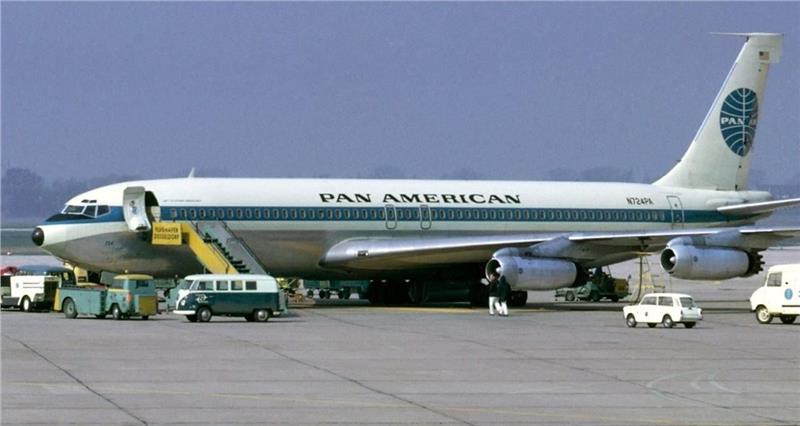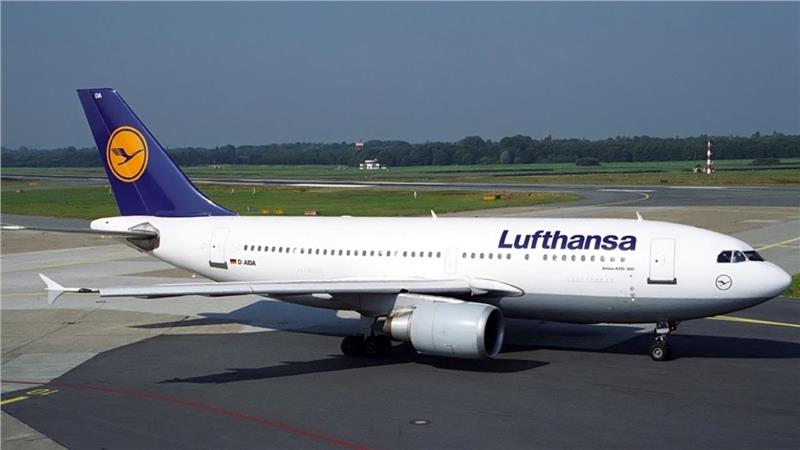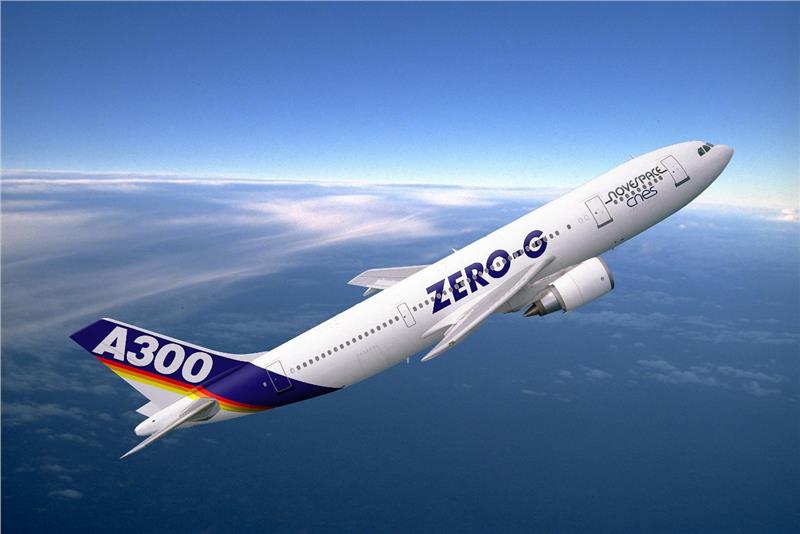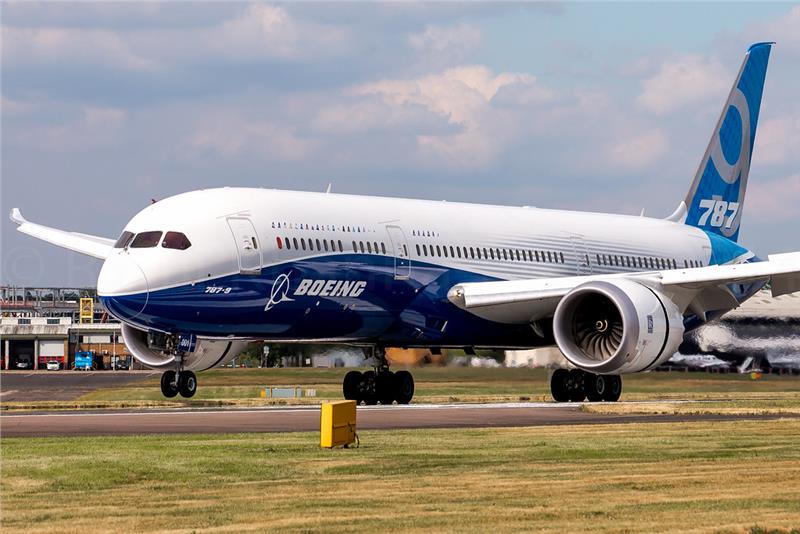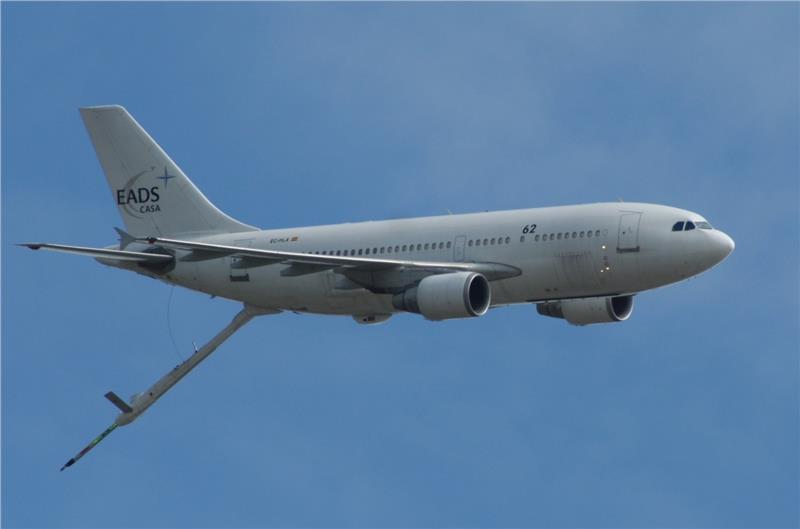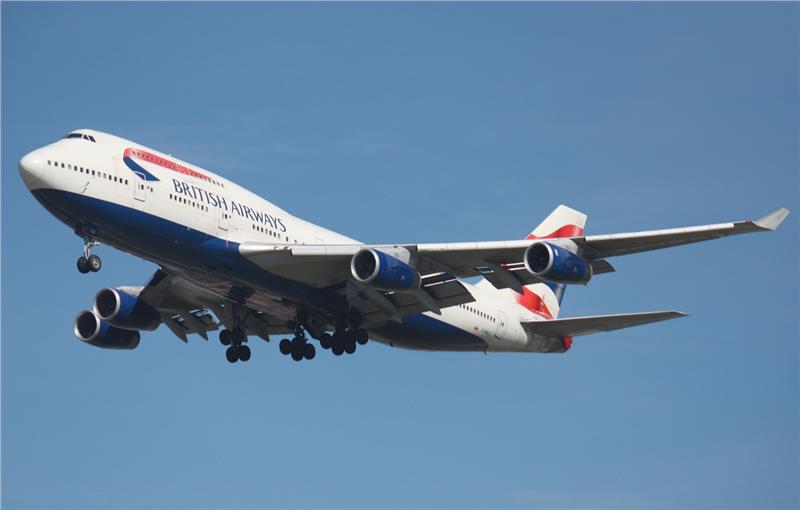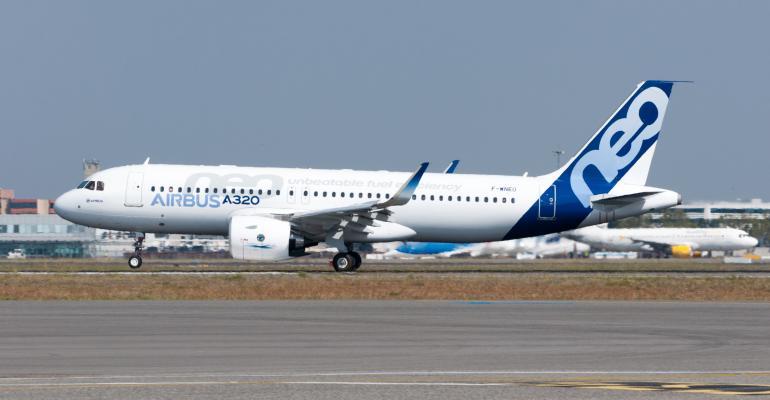The Boeing 777 was a wide-body twin-engine aircraft manufactured by Boeing Commercial Airplanes, the United State. In the following article, AloTrip will share with you the most useful information about Boeing 777 aircraft.
The Boeing 777 was a wide-body twin-engine aircraft manufactured by Boeing Commercial Airplanes, USA. It features a large-diameter rotor motor, six wheels on each main landing gear, fully circular fuselage cross-section. The Boeing 777 series was the first commercial aircraft designed entirely by computers. The aircraft consists of 3 classes with the capacity of seating 301 to 368 passengers and the range of 9,650 to 17,450 km.
This is ranked as one of the best-selling models of Boeing, surpassing Boeing 747. Its major airlines are Emirates, United Airlines, Cathay Pacific, and Air France. The variants of Boeing 777 include Boeing 777-200, Boeing 777-200ER, Boeing 777-200LR, 777 Freighter, Boeing 777-300, and Boeing 777-300ER.
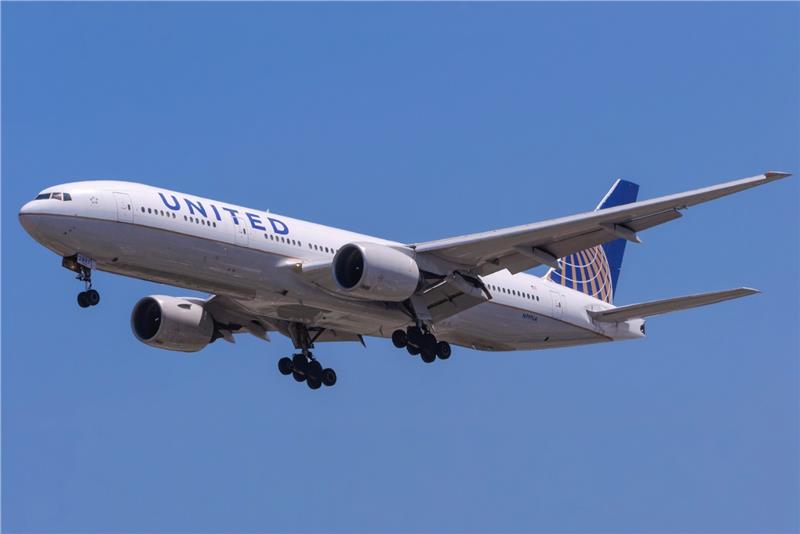
Development
In 1978, Boeing announced three new models: twin-engine Boeing 757 aircraft to replace 727 and twin – engine 767 to challenge Airbus A300. In this context, the idea of a tri-jet 777 to compete with the DC-10 and Lockheed L-1011 TriStar was conceived.
The project to build tri-jet Boeing 777 was canceled due to the similarity to the idea of tri-jet 757, the complicated design and the lack of a 40.000 lbf (178kN) engine.
In the mid-1980s, Boeing proposed for an enlarged 767, designated 767-X. However, airlines were uninterested in the 767-X due to its unimpressive design. By 1988, Boeing launched new 777 twin-engine jet aircraft.
The Boeing 777 were designed with the consultancy of 8 airlines including United Airlines, American Airlines, Delta Air Lines, ANA, British Airways, JAL, Qantas, and Cathay Pacific.
In October 1990, United Airlines became the first customer of Boeing 777 with order of 34 -200 variants and an additional 34 aircraft in the contract.
On 14 Jun 1994, its maiden flight was made by pilot John E. Cashman.
On 30 May 1995, FAA issued ETOPS certification for PW4074 777-200s.
Operational history
On 15 May 1995, Boeing delivered the first Boeing 777 to United Airlines.
On 07 Jun 1995, the first commercial flight was made from London Heathrow International Airport to Dulles International Airport, Washington DC.
As of July 2018, Emirates operated the largest 777 fleet with 163 passenger and cargo aircraft.
On 12 November 1995, Boeing delivered the first prototype with General Electric GE90 -77B engine to British Airways. It was put into service that year.
In 1977, due to the problem of wear and tear, the Boeing 777 gearbox was withdrawn from transatlantic service but returned fully by the end of that year.
As of April 2019, Boeing produced and delivered 1593 planes.
Specifications
|
Boeing 777 specifications |
||||||
|
Variants |
Initial |
Long-range |
||||
|
Model |
777-200/200ER |
777-300 |
777-300ER |
777-200LR/777F |
||
|
Crew |
Two (cockpit) |
|||||
|
3-class seats |
305 (24F/54J/227Y) |
368 (30F/84J/254Y) |
365 (22F/70J/273Y) |
301 (16F/58J/227Y) |
||
|
2-class seats |
313 |
396 |
317 |
|||
|
Exit limit |
440 |
550 |
440 |
|||
|
Length |
209 ft 1 in / 63.73 m |
242 ft 4 in / 73.86 m |
209 ft 1 in / 63.73 m |
|||
|
Wingspan |
199 ft 11 in / 60.93 m, 31.6°\ Wing sweep |
212 ft 7 in / 64.80 m, 31.6° Wing sweep |
||||
|
Wing area |
4,605 sq ft (427.8 m2), 8.68 AR |
4,702 sq ft (436.8 m2), 9.04 AR |
||||
|
Tail height |
60 ft 9 in / 18.5 m |
60 ft 8 in / 18.5 m |
61 ft 1 in / 18.6 m |
|||

